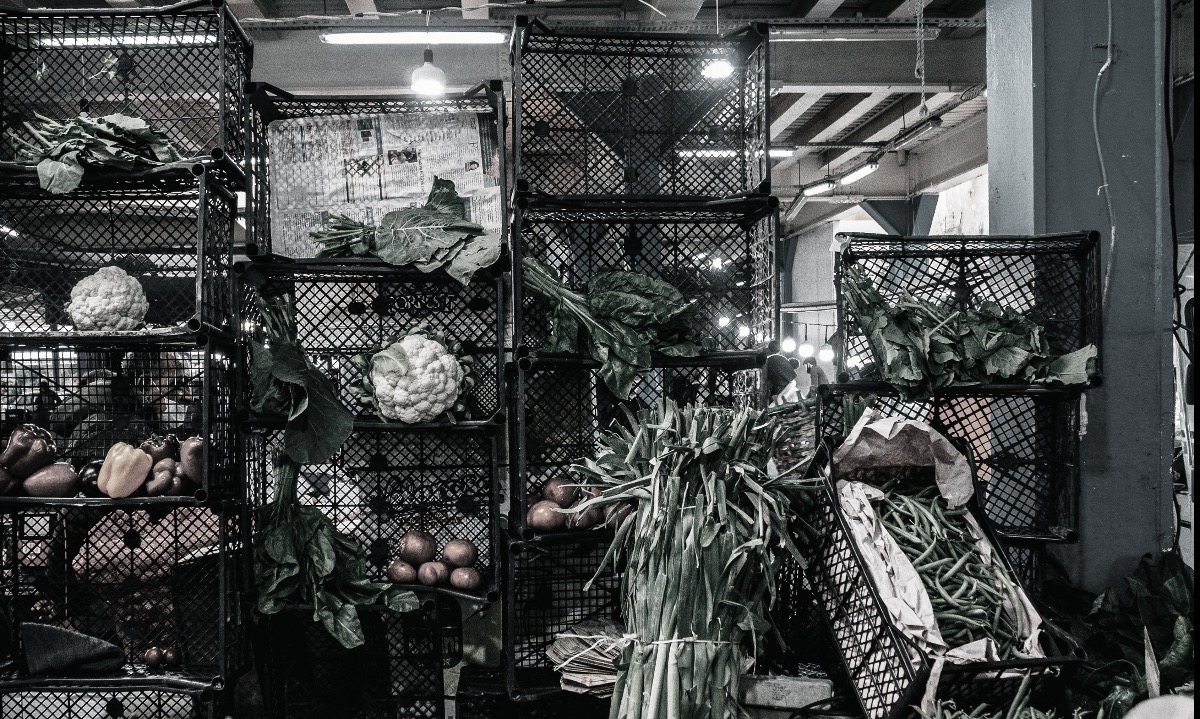Iceland to source salads from vertical farms
By John Reynolds on Monday 15 November 2021

By John Reynolds on Monday 15 November 2021

Iceland is joining the likes of Marks and Spencer and Ocado which have also invested in vertical farming.
Frozen food specialist Iceland is the latest major retailer to supply its customers with food derived from vertical farms.
The move comes as companies look to find ways to help reduce their environmental footprint and become more sustainable.
This has been partly driven by consumer demand as they become more knowledgeable about the provenance of foods and their environmental impact.
Richard Walker, managing director, Iceland, said the next big shock to hit supermarkets could come on the supply side and could be caused by climate change, like a crop crisis across the world.
He said supermarkets need to build more diverse food supply chains, as well as harnessing old and new technology, like vertical farming.
Speaking at the Times Earth Climate Sessions, Walker extolled the advantages of sourcing products via a vertical farm.
He said: “It’s double A grade quality because it’s never had contact with human hands. There are zero pesticides that are sprayed.
“It uses a de minimis amount of land area compared to farming. It’s a lot less water usage and it’s high-paid, kind of high-tech jobs.
"Much closer to the end consumer. There are now vertical farms popping up in cities and closer to shops.
“So, we will be launching a range of produce, salads, soon, hopefully.”
Walker went on to say that the salads would be sourced from a vertical farm in Kent.
Other major UK retailers have gone down this path.
Marks and Spencer has adapted vertical farming into its stores, with a selection of herbs now freshly grown and harvested in stores across London for shoppers to buy.
Ocado has also invested £17million in vertical farming.
Iceland did not respond for request for further details.
2 August 2021
Paul Cuatrecasas
13 September 2021
Paul Cuatrecasas
30 June 2021
Paul Cuatrecasas
9 September 2021
David Stevenson